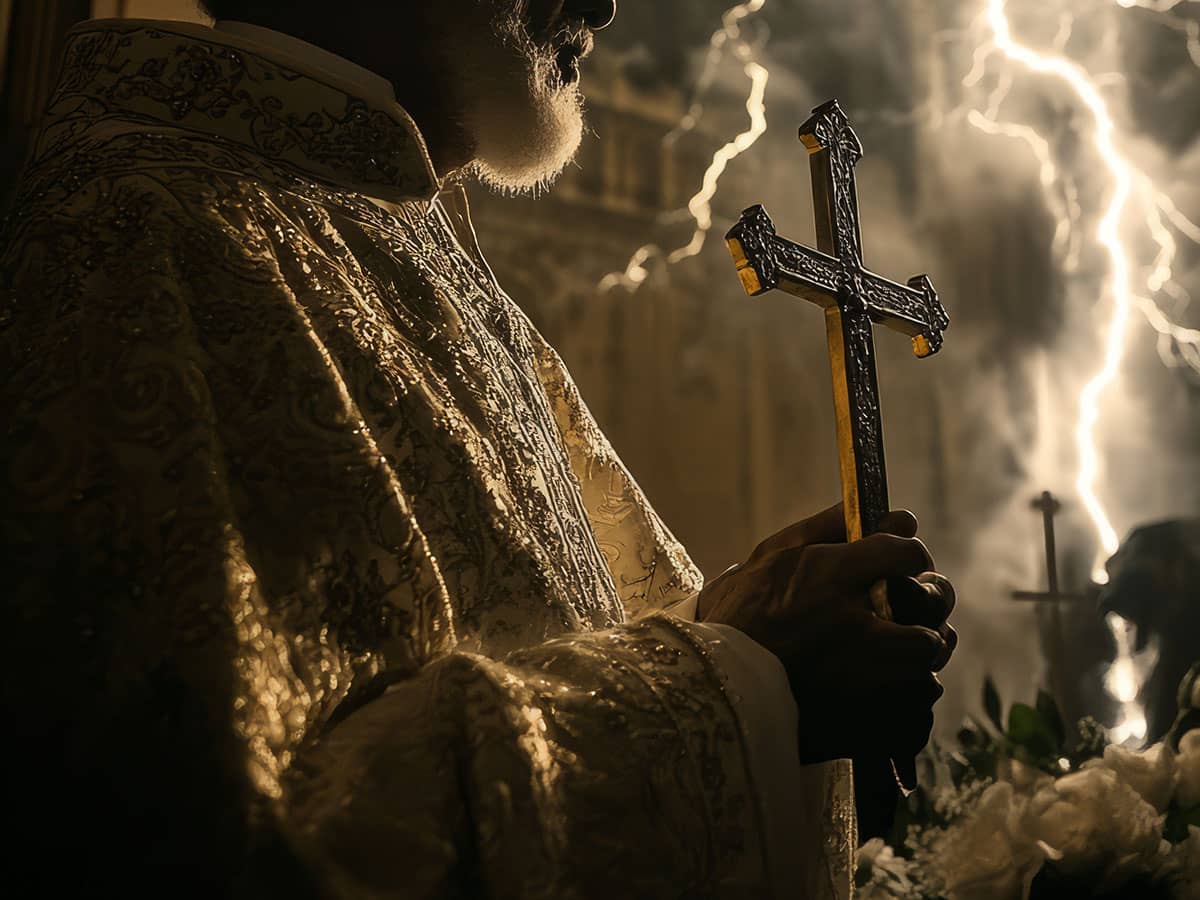The Pope's span of supervision includes several thousand bishops. Corporate theory argues that the span of supervision of an executive should be no more that five and preferably as low as three.
The Pope exercises his control with the help of the leaders of the various curial congregations, the dozen or so members of his cabinet. But these men specialize in subject matter (liturgy, the making of bishops, etc.), not in regions of the world or specific countries. The Pope's task is therefore impossible both because he is personally responsible for far too many supervisory tasks and because the flow of information upwards, either through the papal nuncios (men who do not remain in a country long and whose competence may vary greatly) in the various countries or through the various curial departments is bound to be thin and often contradictory. Even if were possible for the Pope personally to supervise every bishop in the world, he does not have the information about the various individual dioceses on which to base his supervision and decisions.
The leadership structure of the Church has not changed much since it supervised only Europe. Now it must supervise the world. Moreover, the Pope reserves the right to reverse decisions made at lower levels where they are made in the first instance. Thus, even though the local bishops and the nuncio submit ternas (list of three men who are qualified for a given diocese) and the congregation of bishops submits the master list of three, the Pope still may, if he so desires, toss out any or all of these ternas and make his own choice. That is certainly within his rights under current canon law, but in some instances such a rejection of the upward flow of information leads to unhappy results.
Much of the upward communication comes from complaints of the extreme conservative members of the church. They write letters about the faults of a local bishop. Not having any other source of information, curial officials often engage in adversarial conversations with the local bishop in which he is presumed guilty until he proves himself innocent.
It took a long, long time for the Curia to realize how serious the sexual abuse problem was in the United States. It is not clear that even now it understands that the problem is not limited to the United States. One official attributed sexual abuse in America as the result of the "hypersexuality of American culture." What hypersexuality is, whether there is indeed more of it in the United States then in, for example, France or Germany or Poland, and whether this amorphous evil really produces a hunger for sexual pleasure with children is not at all clear.
In the absence of better information, more careful research, and deeper understanding of the various countries in the Catholic world, curial officials are forced to fall back on such vague generalizations, which are often little more than uninformed clichés. They do so not necessarily because they are malicious (though many of them share in the common European hatred of America), but because they need some basis on which to make decisions.
The fog of misunderstanding and insensitivity which often seems to an outsider to descend on Vatican City is not necessarily the result of incompetence but rather the result of an organizational structure which constrains men to grope in the dark when they must make important decisions. That inevitably will happen in a "flat" organization. Whoever the next Pope is, he must look to opening up communication and a transformation of the "flatness" of Church organization.

